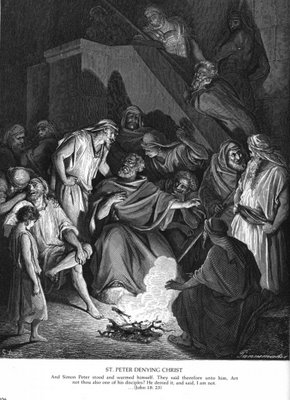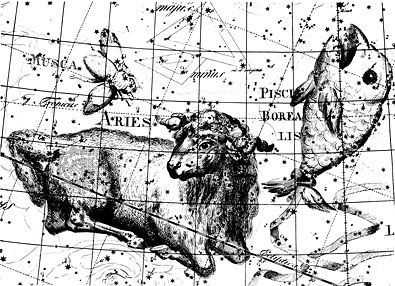growth [ grōth ]
noun (plural growths)
medicine tumor: a mass of cells with no physiological function, e.g. a tumor that forms in or on an organ
Encarta® World English Dictionary
Pathology An abnormal mass of tissue, such as a tumor, growing in or on a living organism.
The American Heritage® Dictionary of the English Language
The words “growth” and “expansion” occur six times in a recent announcement of the Bahá’í Universal House of Justice, not because growth and expansion are occurring so much as they are anticipated.
When the Universal House of Justice got word of the global economic crisis that broke back in September, they anticipated a weakening in the world’s immunity to religion, and acted promptly, alluding to the Bahá’í prophecy that the “Old World Order” is doomed to collapse:
Behold how even in the short span of time since we raised this warning in our Ridvan message, financial structures once thought to be impregnable have tottered and world leaders have shown their inability to devise more than temporary solutions, a failing to which they increasingly confess.
Message to the Bahá’ís of the World, October 20, 2008
It is the weakening of the morale of a society, after all, that religions like the Bahá’í Faith feed upon:
the continued strengthening of the [Bahá’í] community should be matched by a further decline in the old world order
So they’ve got right to work. They’ve primed “scores of clusters” for “systematic expansion”:
Scores of clusters around the globe are being primed for systematic expansion, and we expect to see a wave of intensive programmes of growth launched in the months leading up to Ridvan next year.
They don’t just strike everywhere with their clusters, but rather, target specific weak points:
identify receptive segments of society and share with responsive souls the message of the Faith
Large-scale crises are always a promising time for those who would stand to benefit from crisis. The question for Bahá’ís, I think, is how might this crisis be different? What will make the crisis at hand the crisis of victory? Looking at America, I see people turning to their traditional saviors. Looking abroad, I don’t see much that is different for the Bahá’ís this time around, and it’s because of this: the Bahá’í Faith doesn’t appear to have changed, except that it’s not quite as new as it was before. What the Bahá’í “Administrative Order” appears to be banking on is their recent effort to “systematize” and “develop human resources.” Perhaps Bahá’ís are better organized and prepared to convert new seekers than they were before.


